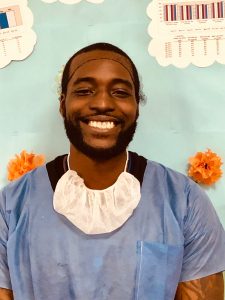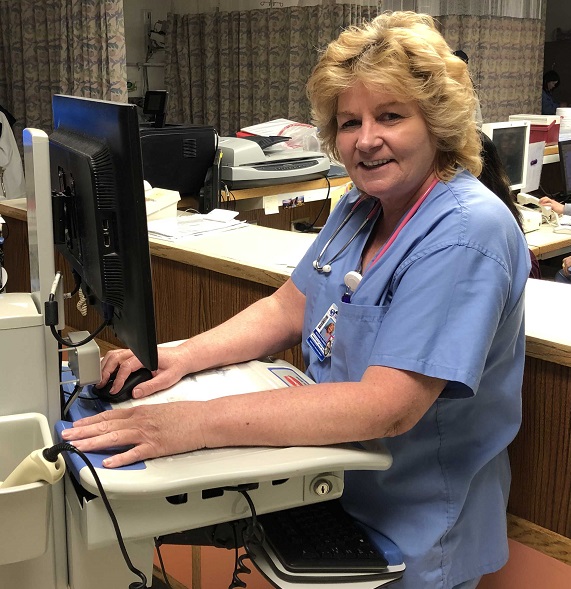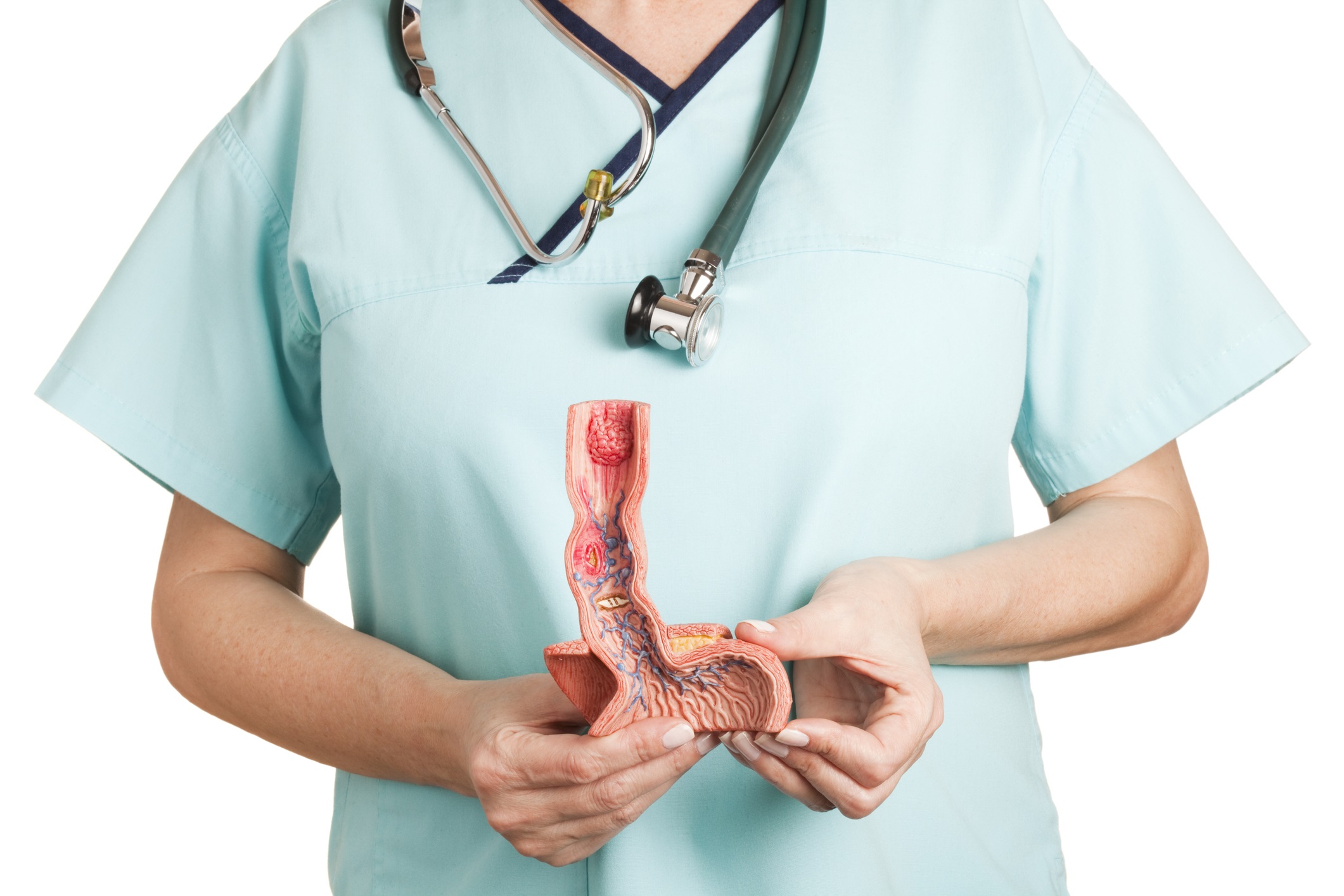With spring weather finally upon us, there is an opportunity to get outside and relieve some stress. One particular springtime activity that is highly recommended to reduce tension and anxiety is gardening.
Research has proven that gardening can be one of the most effective ways to reduce stress levels. In one particular study, subjects were asked to perform a stressful task and then asked to either garden or read for 30 minutes. While both groups experienced a decrease in stress, the gardeners experienced a significantly greater decline (as measured by stress hormone levels), as well as a full restoration of a positive mood while the readers actually experienced a further decline in mood.
The reasons why gardening is so helpful in reducing stress are numerous. Some include:
- Being Outside – Sunlight is not only good for your physical health, but it can actually help improve your mood. Also, just being outdoors helps you feel more removed from the stressors of everyday life.
- Getting Exercise – The manual labor associated with gardening, whether it is digging, raking, planting, pruning, or weeding provides a physical outlet to release the tension that is stored in our bodies.
- Creating Beauty – The wonder of nature is a stress reliever in itself, but when you are responsible for creating and nurturing that beauty, it can be very uplifting. Gardening is an exercise in hope.
- Meditative Qualities – The act of gardening is time consuming, quiet and repetitive. These attributes provide a peaceful atmosphere for contemplation and reflection.
So if you are feeling stressed, take advantage of this beautiful spring weather and try gardening. It doesn’t matter whether you are tending to a large backyard or a small patio garden – the benefits can be great.
All content of this newsletter is intended for general information purposes only and is not intended or implied to be a substitute for professional medical advice, diagnosis or treatment. Please consult a medical professional before adopting any of the suggestions on this page. You must never disregard professional medical advice or delay seeking medical treatment based upon any content of this newsletter. PROMPTLY CONSULT YOUR PHYSICIAN OR CALL 911 IF YOU BELIEVE YOU HAVE A MEDICAL EMERGENCY.










